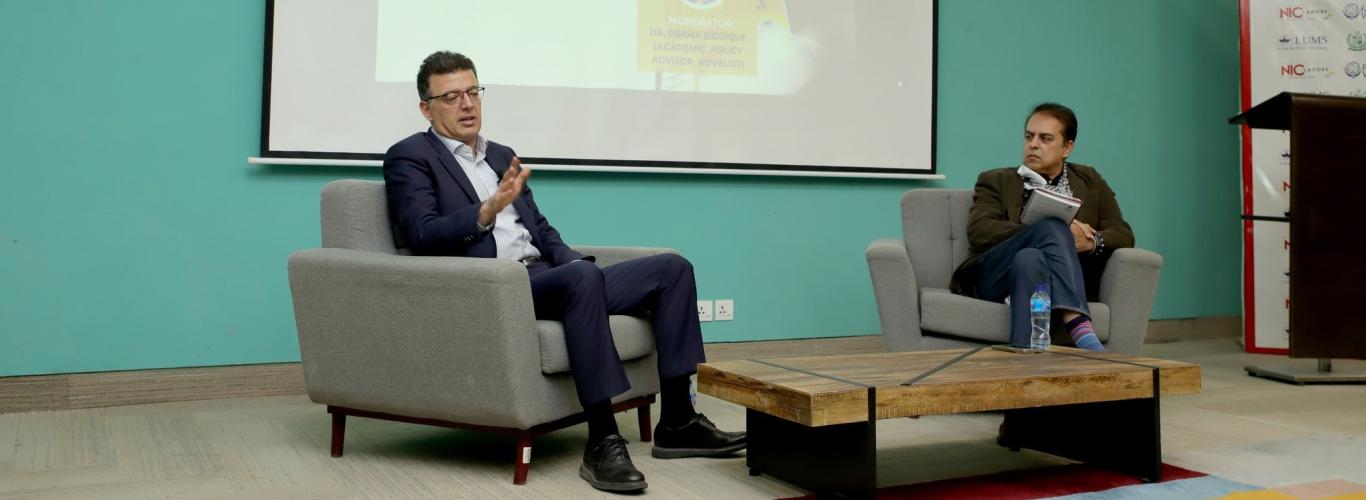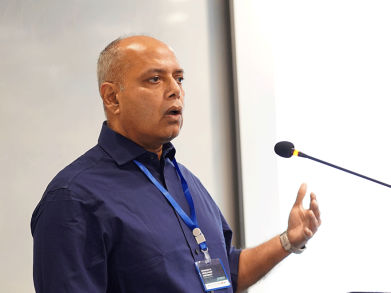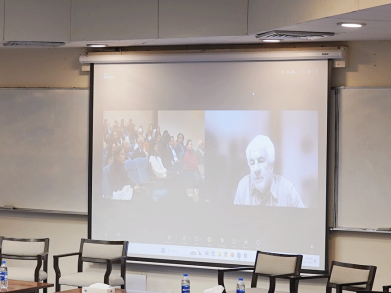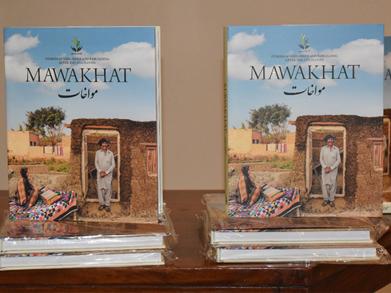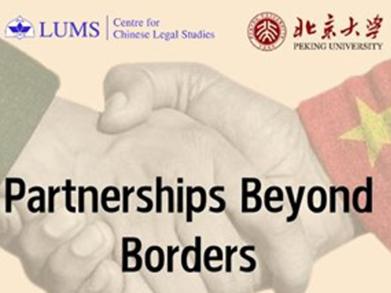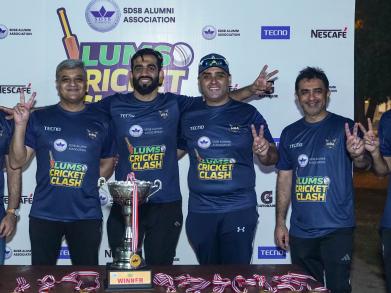Perspectives on the Palestinian Question: Unveiling Layers of History, Law, and Power Dynamics
The Mahbub ul Haq Research Centre (MHRC) at LUMS hosted an insightful conversation on February 12, 2024, featuring Dr. Nimer Sultany from SOAS University of London. The discussion was moderated by Dr. Osama Siddique, Academic, Policy Advisor, Novelist and LUMS MBA alum, and had notable attendees including Dr. Ali Cheema, Vice Chancellor, LUMS; Dr. Tariq Jadoon, Provost, LUMS; and Dr. Walther Schwarzacher, Professor and Dean, Syed Babar Ali School of Science and Engineering. The conversation revolved around the Palestinian Question, exploring historical and legal perspectives.
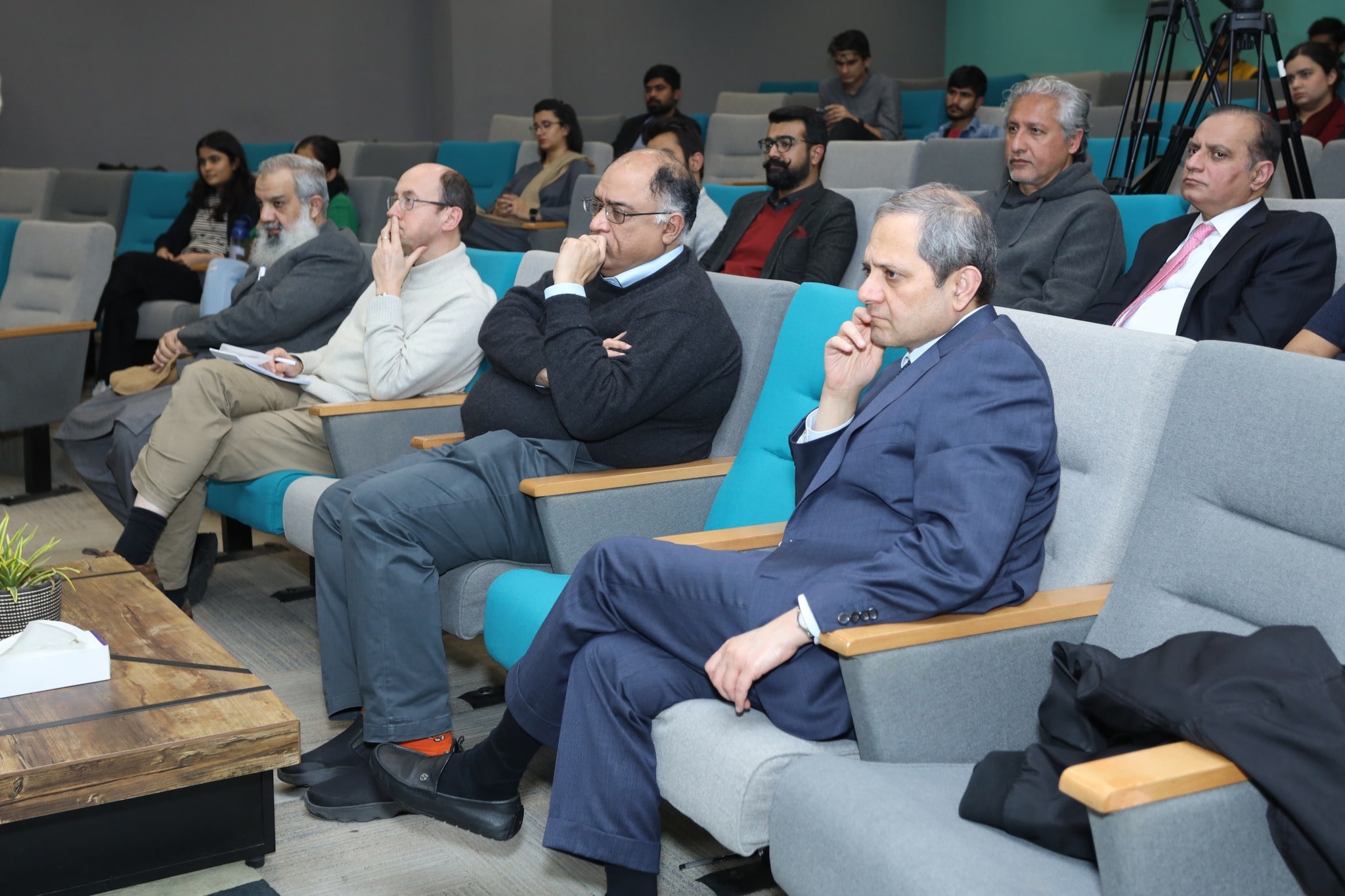
Dr. Sultany provided a critical analysis of the systematic marginalisation and control faced by the Palestinian population, highlighting the interconnectedness of international law and politics. He emphasised understanding the 7th of October within the broader context of the prolonged siege on Palestine.
Addressing the UN General Assembly’s support for Palestine, Dr. Sultany emphasised that the core issue is imperialism rather than a perceived failure of an amorphous international community. He highlighted the legal challenges surrounding Israel’s self-defence claim in occupied territory, asserting that even if the right to self-defense exists, genocide is unequivocally prohibited. Dr. Sultany pointed out the constraints imposed by international law on such rights, stating, “When you remember the context of occupation, the question of self-defence becomes much more different. When we are talking about self-defence, we are talking about the external attack, but they [Gaza] are in a situation in which there is an occupation. You cannot invoke the right to self-defence because this means you are trying to habituate the occupation through military means.”
Dr. Sultany explored the political and historical roots of apartheid in Palestine, acknowledging the rise of far-right governments in Israel and the increased influence of settlers in the West Bank, with some gaining more powerful positions including Supreme Court judges. He recognised the contested nature of international law; pointing out its inseparable link to politics but seeing it as a framework to challenge apartheid and political hegemony. In this context, the International Court of Justice (ICJ) ruling is useful, despite its limitations.
Critiquing the simplicity of viewing the situation through a ceasefire prism, Dr. Sultany pointed out the failure to address the power imbalance and the ongoing need for adherence to international legal obligations. He stated, “You cannot have effective and immediate aid with the ongoing bombardment. There is no way to understand my view of this particular measure without asking Israel to radically deescalate in a way that it is an effective ceasefire.”

